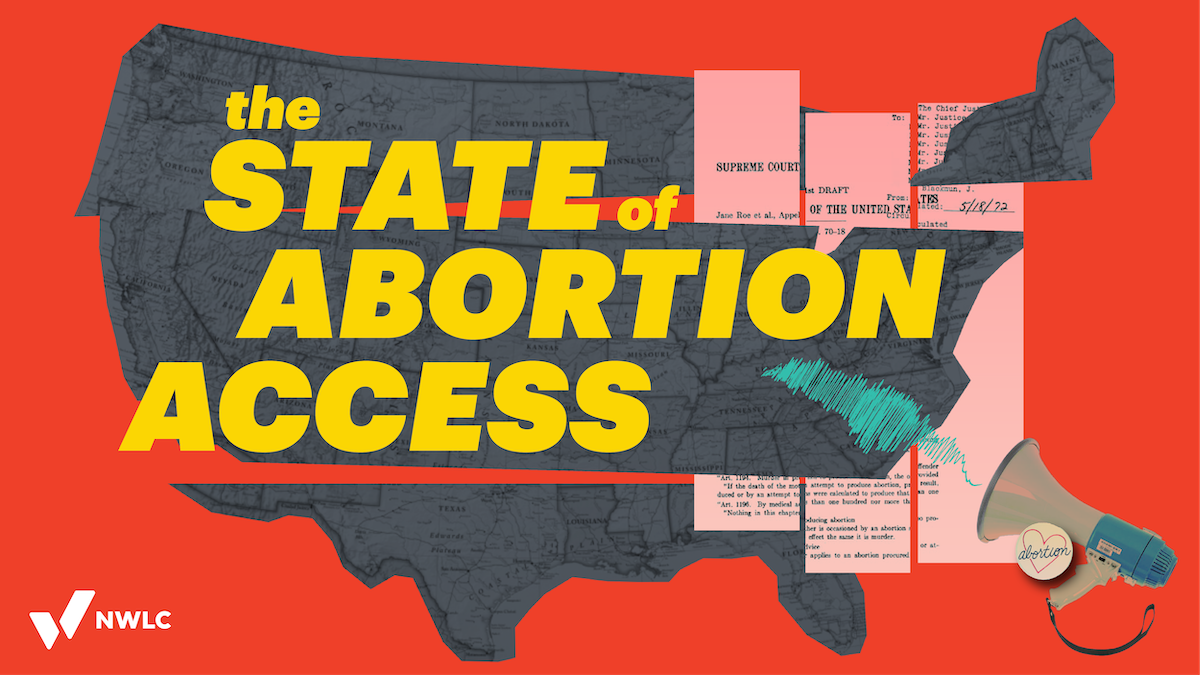NWLC Applauds CMS’ Action on Mylissa Farmer’s Emergency Abortion Complaint, Finding Hospitals Violated Federal Law
(Washington, D.C.) Today, the Biden administration announced that two hospitals, in Missouri and Kansas, violated federal law when they refused to provide emergency abortion care to Mylissa Farmer. This action was in response to a complaint filed in November 2022 by the National Women’s Law Center (NWLC) on behalf of Ms. Farmer with the Centers for Medicare & Medicaid Services (CMS). Ms. Farmer experienced emergency life-threatening pregnancy complications just short of 18 weeks into her pregnancy but was denied care by two different hospitals. The complaint asserted that the hospitals violated the Emergency Medical Treatment and Active Labor Act (“EMTALA”), a federal law that ensures patients receive the emergency medical care they need, even if there is conflicting state law.
After the Supreme Court overruled Roe v. Wade and as states—including Missouri—began to ban abortion, the Administration issued guidance making clear that federal law preempts state abortion bans when needed for emergency care, and that providers must continue to offer emergency abortion care. But some hospitals have not followed the law. The action today is the first time since the Supreme Court overturned Roe v. Wade that EMTALA has been enforced against a hospital that denied someone emergency abortion care.
“What happened to our client Mylissa was not only horrific—CMS has just made crystal clear that it was illegal, regardless of where she lived or that state’s laws. This is an important step in getting Mylissa some justice for the harm she suffered, but no one should ever go through this in the first place,” said Michelle Banker, Director of Reproductive Rights and Health Litigation at NWLC, and one of the lead attorneys representing Ms. Farmer. “Other hospitals should take heed—there are consequences for denying people emergency abortion care.”
Last August, Ms. Farmer experienced preterm premature rupture of membranes (PPROM) at approximately 18 weeks of pregnancy. This was a medical emergency, putting her at risk of severe blood loss, sepsis, or death. But she was denied the emergency care she needed—an abortion—by Freeman Hospital West in Joplin, Missouri, and the University of Kansas Health System in Kansas City, Kansas.
“I am pleased with this decision, but pregnant people across the country continue to be denied care and face increased risk of complications or death, and it must stop,” said Mylissa Farmer. “I was already dealing with unimaginable loss and the hospitals made things so much harder. I’m still struggling emotionally with what happened to me, but I am determined to keep fighting because no one should have to go through this.”




